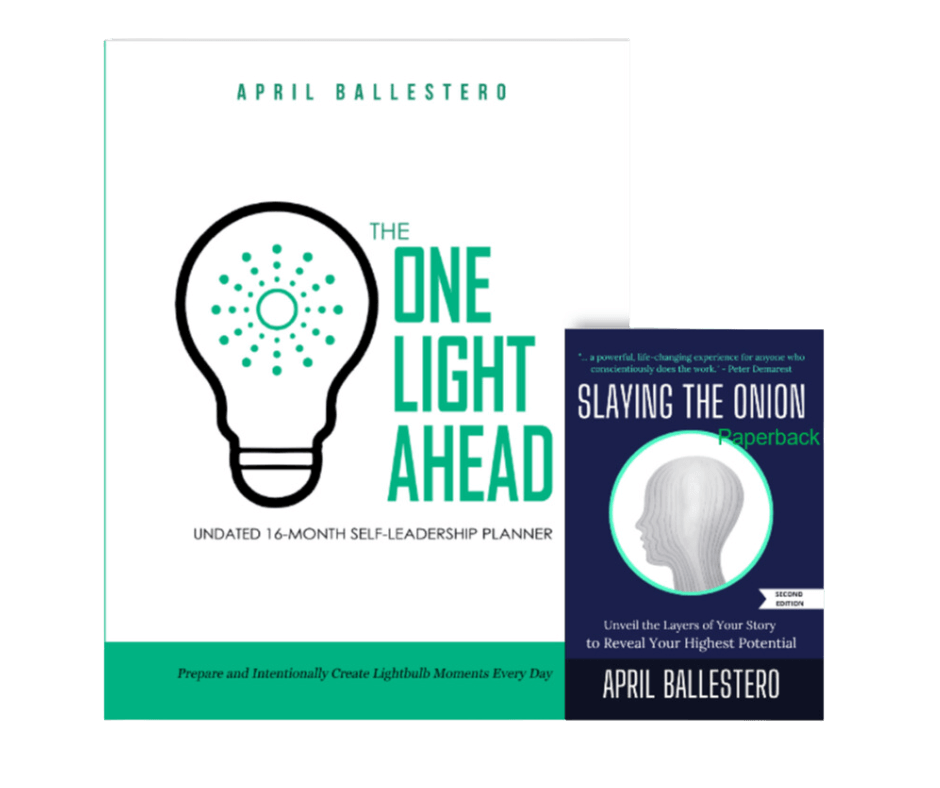Leadership and professional growth coaching for executives, leaders, and high-achieving professionals
A different type of leadership coaching - one that is intentional, focused,
measurable, intuitive and needle-moving
When you work with us, here's what you can expect.
We'll lead with questions.
We'll put aside our own assumptions and our own expectations in order to meet you right where you are.

We'll guide you towards discovery.
You'll more accurately understand how the layers of your story show up in your everyday life so you can see with deeper clarity and a renewed passion.

We'll nurture transformation.
You'll be seen, heard, and understood, and you'll know exactly how to take action on your lightbulb moments.

Here 's what makes my coaching so different from the mainstream:
When we work together, we will never just start (or stop) with what's visible.
Instead, we'll start by peeling back the layers.
My clients have used this work to:
Double their revenue.
Grow strong, healthy, connected teams.
Increase productivity, value, and opportunity.
None of this happened because they followed a formula.
Instead, it happened because they peered into their own inner lives and discovered how to unlock the
lightbulb moments they so desperately needed.
And when we work together, this can happen for you, too.
We've helped more than 500 leaders pursue their highest potential
Who is Coach April?
Meet April Ballestero - Executive Coach, Author, and Inspirational Speaker
April Ballestero has been transforming the lives of executives, leaders, and high-achieving professionals since 2003. Her coaching goes beyond the conventional, focusing not just on visible goals like expanding networks and increasing income, but on a deeper, more holistic journey. April's unique approach involves delving into the inner layers of her clients' lives, unlocking profound insights and 'lightbulb' moments essential for true growth and success.
April's clients have achieved remarkable feats - doubling their revenue, building strong, healthy, connected teams, and significantly enhancing productivity. These successes stem from a personalized approach to coaching, where April helps each individual explore their inner world and apply these discoveries to achieve tangible results.
Drawing from her extensive experience of over 10,000 coaching hours, April has worked with C-suite executives, entrepreneurs, and individuals from various walks of life. Her methods have led to increased satisfaction and success for thousands, as she guides them to discover and embrace authenticity and embark on a sustainable journey to wholeness.
April’s philosophy, encapsulated in her 'Living Unlayered' approach, is not about adhering to a rigid formula but about unlocking the unique potential within each individual. As an executive coach, author, and speaker, April is committed to helping you redefine your path to success and discover the joy of living an authentic, unlayered life.
The One Light Ahead Planner & 'Slaying the Onion' Bundle
Maximize Your Potential with the One Light Ahead Planner and 'Slaying the Onion' Bundle
One Light Ahead 16-Month Self-Leadership Planner: Elevate your life management with the One Light Ahead Planner. Expertly crafted by Coach April Ballestero, this planner guides you through reassessing and realigning your life's priorities, encouraging daily progress and personal growth.
'Slaying the Onion' by April Ballestero: Discover the path to authentic living with 'Slaying the Onion'. April Ballestero draws on her extensive coaching experience to help you overcome self-sabotage and embrace your true self.
Why Buy the Bundle? Together, the planner and book offer a powerful combination of practical tools and transformative insights, equipping you to tackle life's challenges with clarity and purpose. Embrace this opportunity to journey towards a more fulfilled, authentic self.
Learn about the programs we offer.





 Download my free guide today!
Download my free guide today!